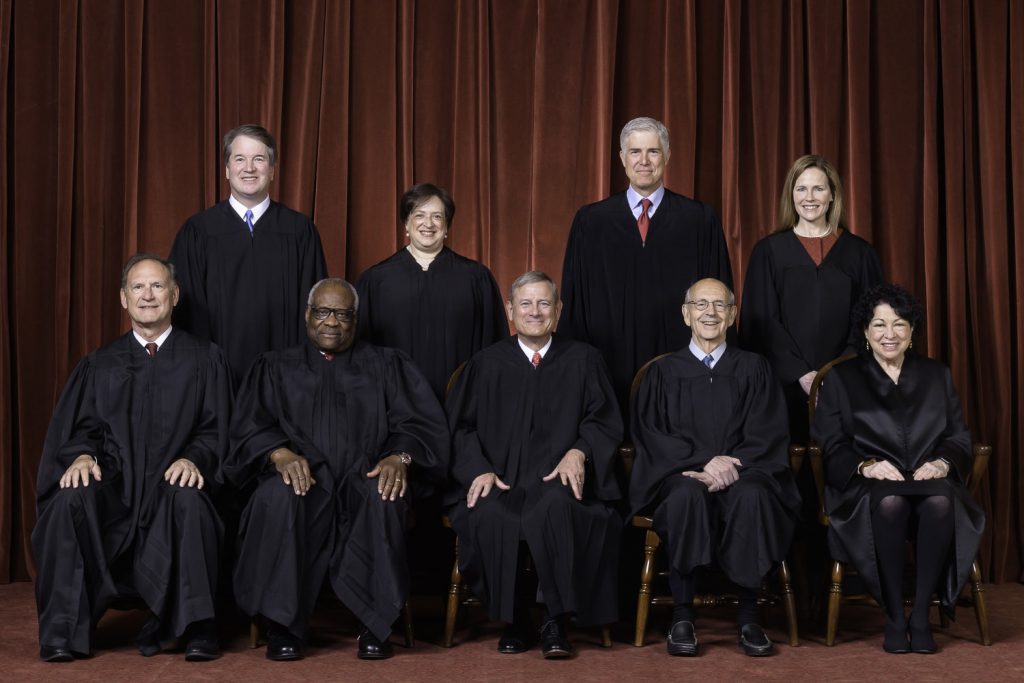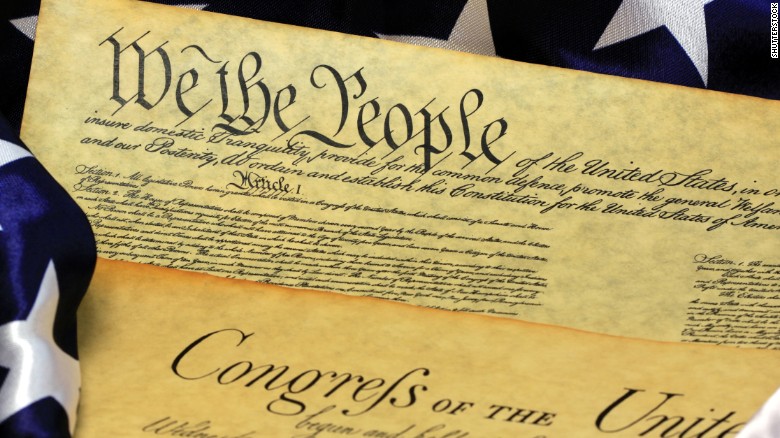
With the news that the Gov. of California is thinking of using the Texas anti-abortion law as a blue print for an anti-assault gun law I’ve heard from several sources the idea that SCOTUS will be faced with the problem of how to up hold one while striking down the other. While it maybe a little difficult anyone who has studied the history of the court knows this will not be the first time SCOTUS has faced this problem. I, for one, see this as a golden opportunity for the ‘Textulests’ and ‘Originalist’ of constitutional legal theory. Both of these philosophies have a fundamental aversion to the concept of “Implied Rights”.
Before we dive deeper let me give you my understanding of “Implied Rights” as it deals with the Constitution. For me there are basically two kinds of “Implied Rights”. In both cases the right is not enumerated, stated explicitly, in the text of the constitution. The first kind of “Implied Right” is of the kind that if the right didn’t exist, then an stated right would be functional meaningless. A good example of this is the “Implied Right” to have a vote counted. The right to vote assumes that once a vote is cast it will be counted, otherwise the casting of the vote has no reason to be. The next “Implied Right” is much more nebulous. This is the right of liberty in our person. This is the right that is at issue with ‘Roe vs. Wade’. The right to liberty is not expressly stated in the constitution.
The closest the Constitution gets to granting the right to Liberty is in the Preamble where is states the Constitution is established to “Secure the Blessings of Liberty.” The inalienable rights are given in the Declaration of Independence, not the Constitution. An while SCOTUS has stated the Declaration is part of our fundamental national law the Constitution takes no note of it. In my view to exclude the Declaration would make a mockery of the Constitution, it is quite possible for some future court to do that. So where does that leave us with the new Texas legal theory?
Just this: the Texas law deals with an “Implied Right” and the proposed California law deals with an enumerated right (the Second Amendment). All SCOTUS needs to do is find some reasoning that says that “Implied Rights” don’t get the same degree of protection, if any, as “Enumerated Rights”. This would be a very interesting slippery slope to go down an I invite you, my dear reader, to think upon all of your ‘Rights” that an just an “Implied Right” and not explicitly stated in the Constitution.
Lets see what the “Trump” Court decision is.
